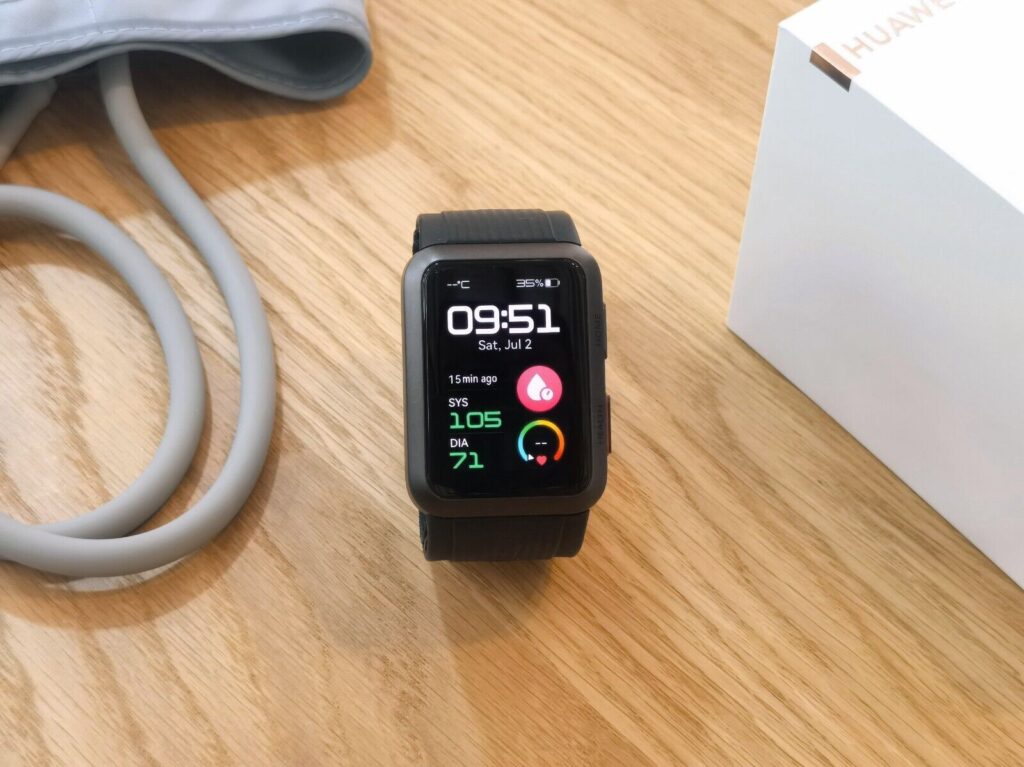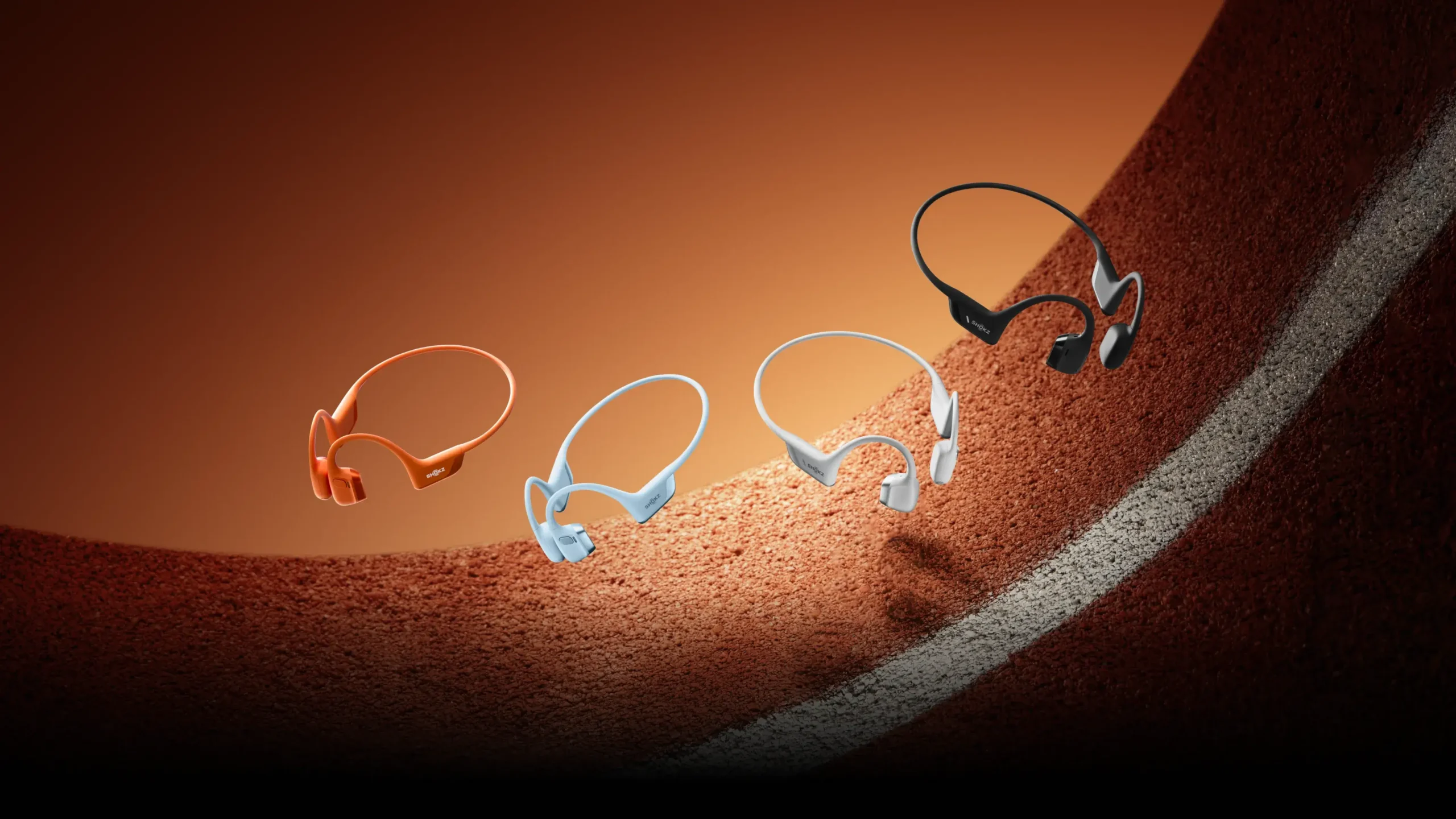Huawei has strategically positioned itself at the forefront of the smartwatch industry by registering its wearable devices as medical devices in various global markets. By securing medical certifications for several smartwatch models, including the Huawei Watch GT 3 series, the Chinese technology giant has distinguished its products from competitors, elevating them beyond fitness trackers to certified health-focused wearables. This move marks a significant evolution in the wearable technology sector, where demand for devices offering accurate, medical-grade health insights is rapidly growing.
The Strategic Shift: Huawei’s Competitive Edge in the Smartwatch Market
The smartwatch market has become increasingly saturated, with brands such as Apple, Samsung, and Garmin vying for consumer attention. As the market matures, companies need to innovate beyond standard fitness tracking to maintain relevance and attract consumers. Huawei recognized this shift and responded by obtaining medical certifications for its smartwatches, positioning them as advanced health-tracking devices rather than mere fitness accessories.
Medical certification not only enhances the credibility of Huawei’s smartwatches but also allows the company to market them as legitimate health tools rather than lifestyle gadgets. This distinction is crucial in building trust among consumers, particularly those who prioritize accurate health data for monitoring chronic conditions or overall wellness.
With global regulatory bodies approving Huawei’s smartwatches as medical devices, the company gains a unique selling point that sets it apart from competitors. The certification validates the accuracy and reliability of features such as heart rate monitoring, ECG tracking, and blood pressure measurement, all of which are critical in early detection and prevention of health issues.
The Importance of Medical Certification in Wearable Technology
The medical certification process for wearable devices involves rigorous testing and validation by health authorities. By securing approval in Europe, Asia, and the Middle East, Huawei ensures that its smartwatches meet stringent regulatory standards, proving their effectiveness as health-monitoring tools.
These certifications signify that Huawei’s smartwatches are capable of providing medical-grade data, a feature that resonates with health-conscious consumers. Unlike uncertified fitness trackers, which offer general health insights, medical-grade smartwatches undergo clinical validation to confirm their accuracy in detecting conditions such as atrial fibrillation (AFib) and hypertension.
Additionally, medical certification paves the way for healthcare integration. With approval from medical regulators, Huawei’s smartwatches can be used in clinical settings, allowing doctors to rely on their data when diagnosing and treating patients. This potential for medical integration makes the devices even more valuable to consumers who want accurate and actionable health insights.
Advanced Health Monitoring: Huawei’s Game-Changing Features
Huawei’s smartwatches incorporate sophisticated sensors and cutting-edge algorithms to provide users with precise health data. Key medical-grade features include:
ECG Tracking
Electrocardiogram (ECG) monitoring is one of the standout features in Huawei’s certified smartwatches. ECG tracking allows users to assess their heart rhythms and detect irregularities such as atrial fibrillation (AFib), a condition that can lead to strokes if left untreated. By offering on-the-go ECG monitoring, Huawei empowers users to identify potential heart issues early, allowing them to seek medical advice before complications arise.
Blood Pressure Measurement
Blood pressure monitoring has been a challenging feature for smartwatch manufacturers due to the complexity of obtaining accurate readings from wrist-based devices. Huawei’s medical certification indicates that its smartwatches provide clinically validated blood pressure measurements, a significant breakthrough in wearable health technology. This feature is particularly useful for individuals with hypertension, enabling them to track fluctuations in their blood pressure levels and make lifestyle adjustments accordingly.
Heart Rate Monitoring and Arrhythmia Detection
Continuous heart rate monitoring has become a standard feature in smartwatches, but Huawei takes it a step further by offering medical-grade accuracy. Its smartwatches can detect abnormal heart rates and notify users of potential heart conditions. The ability to monitor arrhythmias in real time provides a crucial early warning system, allowing users to take preventive measures before experiencing serious cardiac events.
Blood Oxygen (SpO2) Tracking
SpO2 monitoring measures oxygen levels in the blood, an essential metric for overall health. Huawei’s smartwatches offer accurate blood oxygen tracking, making them beneficial for individuals with respiratory conditions, high-altitude travelers, and athletes monitoring their performance. Given the increased awareness of respiratory health following the COVID-19 pandemic, this feature adds significant value to Huawei’s wearable devices.
Sleep and Stress Analysis
Huawei’s smartwatches also focus on holistic well-being by incorporating advanced sleep and stress tracking features. The devices analyze sleep patterns, providing insights into sleep quality, duration, and disturbances such as sleep apnea. Additionally, stress monitoring measures heart rate variability, allowing users to manage their mental health proactively.
Impression on the Wearable Tech Industry
Huawei’s move to register its smartwatches as medical devices is a game-changer that could set a new standard in the industry. This development has several implications for both consumers and competitors:
Rising Consumer Expectations
KWith Huawei offering medical-grade smartwatches, consumer expectations for wearable health technology are increasing. People are now looking for devices that go beyond basic fitness tracking and provide clinically validated health insights. As a result, other smartwatch manufacturers may feel pressured to seek similar medical certifications to remain competitive.
Push for Regulatory Compliance
As more companies explore medical certification for their wearable devices, regulatory bodies will likely enforce stricter standards for health-tracking features. This shift will ensure that consumers receive reliable and accurate health data rather than relying on unvalidated metrics.
Increased Adoption in Healthcare
Medical-grade smartwatches have the potential to integrate seamlessly into healthcare systems. With Huawei’s smartwatches gaining approval in multiple regions, healthcare professionals may start incorporating them into patient monitoring and remote healthcare services. This development could revolutionize telemedicine and chronic disease management, making wearable technology an integral part of personalized healthcare.
Competitive Pressure on Other Tech Giants
Huawei’s strategy places pressure on other leading smartwatch manufacturers, such as Apple and Samsung, to enhance their health-tracking capabilities. While Apple’s Watch Series has received FDA approval for ECG monitoring, Huawei’s broader medical certifications across multiple regions give it a significant advantage. Other companies may need to invest heavily in research and development to match Huawei’s offering.
Consumer Benefits: Empowering Individuals with Reliable Health Data
The primary beneficiaries of Huawei’s decision to register its smartwatches as medical devices are consumers. With wearable technology playing an increasingly important role in preventive healthcare, users now have access to reliable health insights directly on their wrists. The benefits include:
• Early Detection of Health Issues – Features such as ECG monitoring and blood pressure tracking enable users to identify potential health concerns before they escalate.
• Convenience and Accessibility – Medical-grade health monitoring is now available without the need for frequent doctor visits.
• Personalized Health Management – Users can track their health data in real time and make informed lifestyle choices based on their metrics.
• Peace of Mind – Having a medically certified smartwatch provides confidence in the accuracy and reliability of health data.
A New Era for Smartwatches
Huawei’s decision to register its smartwatches as medical devices marks a significant shift in the wearable tech industry. By obtaining medical certifications, the company has positioned itself as a leader in health-focused smartwatches, setting new standards for accuracy and reliability. This move not only boosts consumer trust but also challenges competitors to innovate and meet rising expectations for medical-grade wearable technology.
As the demand for certified medical smartwatches grows, Huawei’s pioneering approach could redefine how individuals monitor their health and interact with healthcare professionals. By bridging the gap between consumer wearables and medical-grade devices, Huawei has unlocked new possibilities for personalized health tracking, setting the stage for a future where wearable technology plays a central role in preventive healthcare and well-being.
No comments yet.








